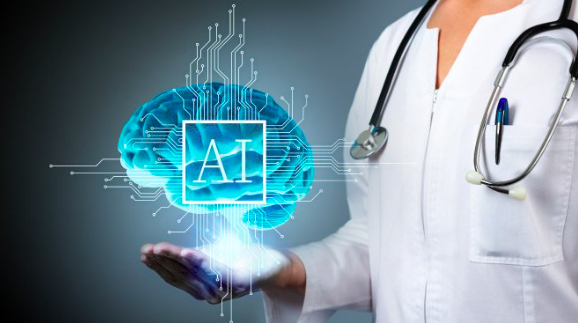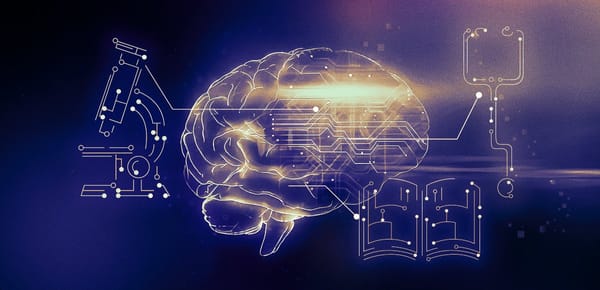The Impact of Artificial Intelligence on Healthcare
The future of AI in healthcare is promising. As AI continues to advance, we can expect even more significant breakthroughs in disease diagnosis, drug discovery, and personalized treatments. AI-powered wearable devices and remote monitoring systems will enable continuous tracking of patient health,

Introduction
In recent years, there has been a significant increase in the use of artificial intelligence (AI) in various industries, and healthcare is no exception. AI has the potential to revolutionize healthcare by improving diagnosis accuracy, enhancing patient care, and optimizing healthcare processes. In this article, we will explore the various ways in which AI is making an impact on healthcare.
AI in Diagnostics
One of the most significant areas where AI is transforming healthcare is in diagnostics. AI algorithms can analyze large amounts of patient data, including medical records, lab results, and imaging scans, to identify patterns and make accurate diagnoses. For example, AI-powered systems can detect early signs of diseases such as cancer by analyzing medical images with greater precision than human radiologists. This can lead to earlier detection and treatment, ultimately saving lives.

AI in Personalized Medicine
Another area where AI is making a significant impact is in personalized medicine. Traditional medicine often relies on a one-size-fits-all approach, but AI algorithms can analyze individual patient data, including genetic information and medical history, to tailor treatments specifically to each patient's unique needs. This can lead to more effective and targeted treatments, minimizing side effects and improving patient outcomes.
AI in Patient Care
AI is also transforming patient care by improving the quality and efficiency of healthcare services. Chatbots powered by AI can provide patients with immediate access to basic medical information and advice, reducing the burden on healthcare professionals. AI algorithms can also analyze patient data in real-time to identify early warning signs of deterioration, allowing healthcare providers to intervene proactively and prevent complications. Additionally, AI-powered robots can assist with tasks such as patient monitoring, medication administration, and rehabilitation exercises, enhancing patient care and reducing the workload on healthcare staff.

AI in Healthcare Administration
Beyond direct patient care, AI is also streamlining healthcare administration processes. AI-powered systems can automate repetitive administrative tasks, such as scheduling appointments, managing medical records, and processing insurance claims. This not only reduces the administrative burden on healthcare staff but also minimizes errors and improves efficiency. AI algorithms can also analyze vast amounts of healthcare data to identify trends and patterns, helping healthcare organizations make data-driven decisions and improve resource allocation.
Ethical Considerations and Challenges
While the impact of AI on healthcare is undeniably beneficial, it also raises ethical considerations and challenges. Privacy and data security are major concerns, as the use of AI involves collecting and analyzing sensitive patient information. Striking the right balance between data accessibility and patient privacy is crucial to ensure trust and compliance with regulations. Additionally, the use of AI in healthcare raises questions about accountability and liability. Who is responsible if an AI algorithm makes an incorrect diagnosis or treatment recommendation? Addressing these ethical considerations is essential to ensure the responsible and ethical deployment of AI in healthcare.

The Future of AI in Healthcare
Looking ahead, the future of AI in healthcare is promising. As AI continues to advance, we can expect even more significant breakthroughs in disease diagnosis, drug discovery, and personalized treatments. AI-powered wearable devices and remote monitoring systems will enable continuous tracking of patient health, allowing for early detection of diseases and more proactive interventions. Collaborations between AI researchers and healthcare professionals will be vital to ensure that AI solutions are developed and implemented in a way that aligns with the needs of patients and healthcare providers.
Conclusion

Artificial intelligence is revolutionizing the healthcare industry by improving diagnostics, enabling personalized medicine, enhancing patient care, and streamlining healthcare administration. While ethical considerations and challenges must be addressed, the potential benefits of AI in healthcare are immense. As we move forward, it is crucial to embrace AI as a tool to augment and enhance human capabilities in delivering high-quality, patient-centered care. With responsible implementation and ongoing research, AI has the potential to transform healthcare and improve patient outcomes on a global scale.




